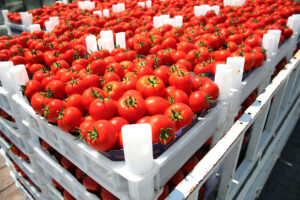
Guest article: The real impact of tariffs on US produce prices
The past has shown that tariffs have often been more a tool for negotiation than anything else. Will 2025 be the same?

The past has shown that tariffs have often been more a tool for negotiation than anything else. Will 2025 be the same?

While the concept of minimal viable product (MVP) has proven its value in software, it doesn’t translate so well into food Unlike software, a food product cannot be “patched” once it hits shelves…
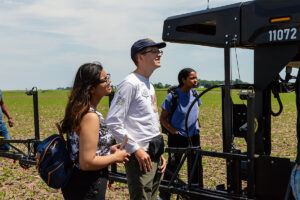
“Those innovators that are directly linked to the farmer and to the customer are the ones that are going to win.”

Too often, conversations about ‘sustainability’ focus too narrowly on specific farming practices without acknowledging the many other considerations farmers juggle in a given season. Stewardship is about a more holistic approach.

Farm automation faces a trust and manufacturing barrier that investment money alone cannot overcome.

Europe needs a roadmap for minimizing reliance on these chemicals altogether to build food security around the world.
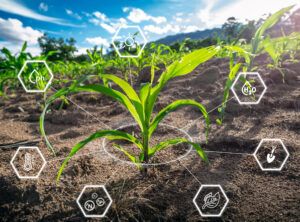
“The use of AI to evaluate problems in the natural world seems to carry the potential of reducing or losing our capacity for critical analysis and ecosystems thinking.”
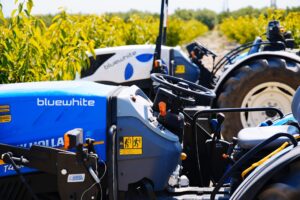
Ahead of FIRA USA, agtech experts weigh in on the state of investment in ag robotics and automation, and what to do next.
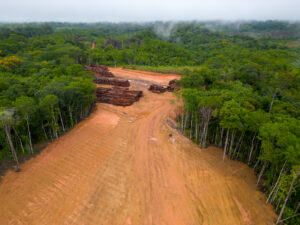
Integrating smallholder farmers into digital ag can help meet the EUDR objectives while also making farming more inclusive and sustainable.
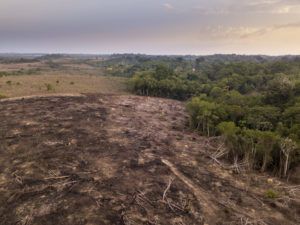
Despite their green credentials, smallholder farmers in the global south face significant challenges under new EU regulations such as EUDR.
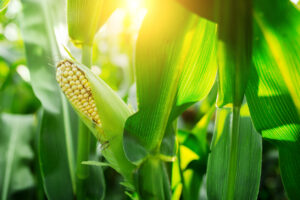
CHONEX aims to supercharge soil health in the face of intensive farming practices and extreme weather brought on by climate change.
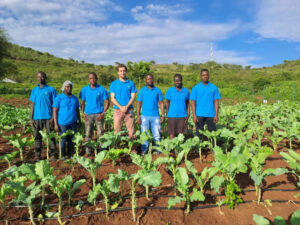
Mercy Corps Ventures has partnered with Stable Foods to launch a new pilot that will test IoT-based irrigation systems for smallholder farms.

Korea’s agricultural sector is experiencing significant transformation driven by advancements in microbiome technology and natural products.

Widespread usage of GLP-1 drugs will have a profound impact on the food industry, predicts Wegovy user and founder of Sweden Foodtech Johan Jörgensen.
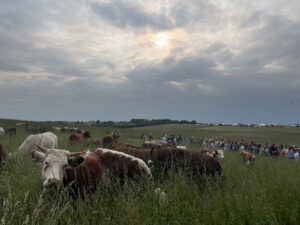
Events like Groundswell UK are key to understanding agricultural practices and forging relationships with pioneering regenerative farmers.
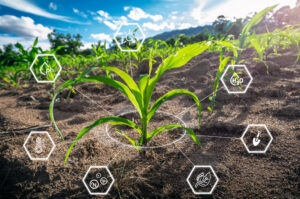
Precision agriculture and AI have the potential to transform farming. But legal risks around data privacy and bias need to be carefully navigated, argue Dr. Siegmar Pohl and Jordan Glassman at law firm Kilpatrick.

GWP100, the default timescale for determining carbon dioxide equivalence (CO2eq), is problematic when it comes to measuring methane emissions, says Aleph Farms.

Plant sap analysis can harmonize regenerative agriculture with economic prosperity.

Adapting to a changing environment while supporting growers is the over-arching theme of this year’s Salinas Biological Summit.

In an effort to untangle the confusion around UPFs, IFT will host a panel of experts at its upcoming IFT First show in Chicago.
